Author: Diego Garcia Doval
European Union external action structure: Beyond state and intergovernmental organisations diplomacy
2018
You may also be interested in

Modern Diplomacy
Modern Diplomacy is a collection of papers presented in Malta at the International Conference on Information Technology and Diplomacy (May 1997) and the International Conference on Modern Diplomacy (February 1998). Papers examine technological development, new actors in international relations, the decline in the sovereignty of states, public diplomacy and globalisation. This publication is only available online.
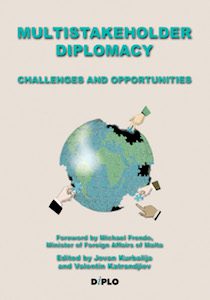
Multistakeholder Diplomacy – Challenges and Opportunities
This book is a collection of papers from Diplo’s February 2005 conference in Malta and from research interns involved in our Multistakeholder Diplomacy internship programme.

Connectivity and networks rule: Virtuality, public diplomacy and the foreign ministry
The text discusses the impact of connectivity and networks on public diplomacy and foreign ministries, emphasizing the importance of virtual communication in today's world.
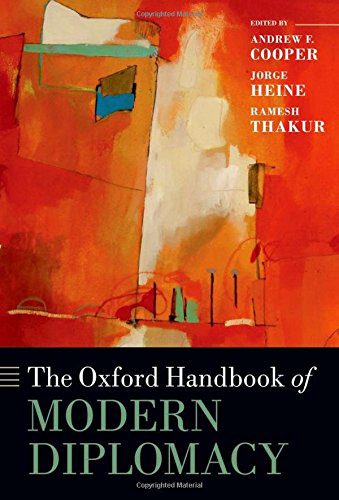
The Oxford Handbook of Modern Diplomacy
The message provides information on modern diplomacy from The Oxford Handbook of Modern Diplomacy.
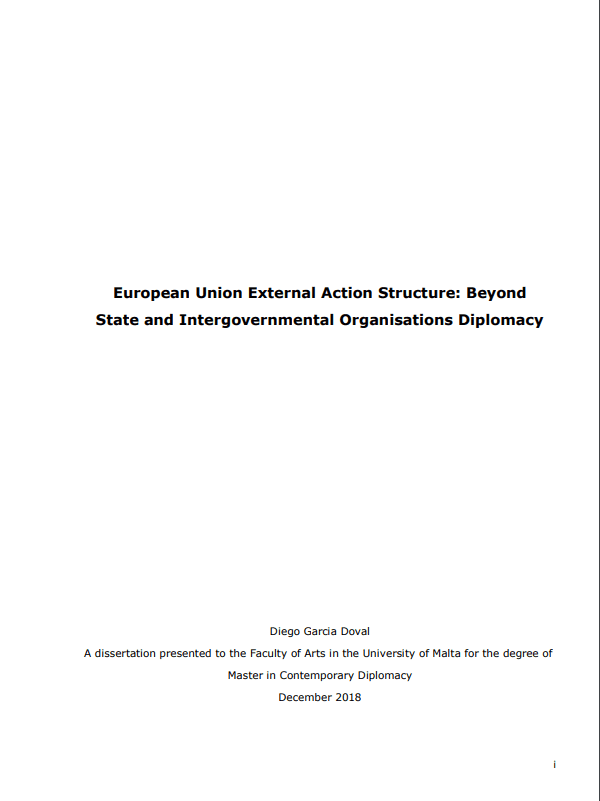
European Union external action structure: Beyond state and intergovernmental organisations diplomacy
This dissertation analyses the organisation of the external action structures of the European Union. As an international actor which is beyond a state, but also different to traditional international organisations, the EU has created a “diplomatic constellation” in which diplomacy from member states is not substituted but complemented by EU external action.

The Role of Information and Communication Technologies in Diplomacy and Diplomatic Service
Rapid development of information and communication technologies (ICT) has lead to significant changes in social, economical and political relations of the modern society.
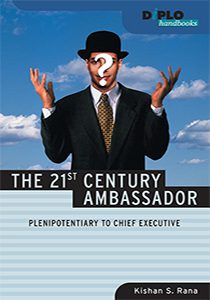
The 21st Century Ambassador: Plenipotentiary to Chief Executive
Ambassador Kishan Rana, a diplomatist for four decades, is now a noted scholar and theorist of international relations and the new diplomacy that has evolved.
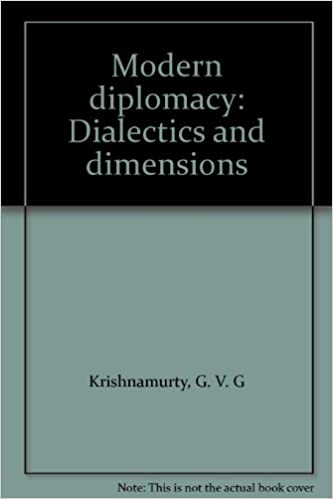
Modern Diplomacy: Dialectics and Dimensions
The message ""Modern Diplomacy: Dialectics and Dimensions"" discusses the intricacies of diplomacy in the contemporary world, examining its complexities and various aspects. It sheds light on the evolving nature of diplomacy, the key role of communication, and the importance of understanding different perspectives and approaches in diplomatic relations. The message delves into the essence of diplomacy in the present-day context, emphasizing the need for adaptability, strategic thinking, and effective communication in navigating the ever-changing international landscape.

The role of the legal adviser in modern diplomatic services
The role of the legal adviser in modern diplomatic services. This paper discusses the role of the legal adviser in modern diplomacy services and the efforts that must go into preserving all possibilities, meagre as they may be, to raise his voice and keep making efforts which eventually could lead in the right direction.
Mapping e-Diplomacy
This list of themes and topics is an attempt to map the field of e-diplomacy. It is work in progress, and all comments welcomed.
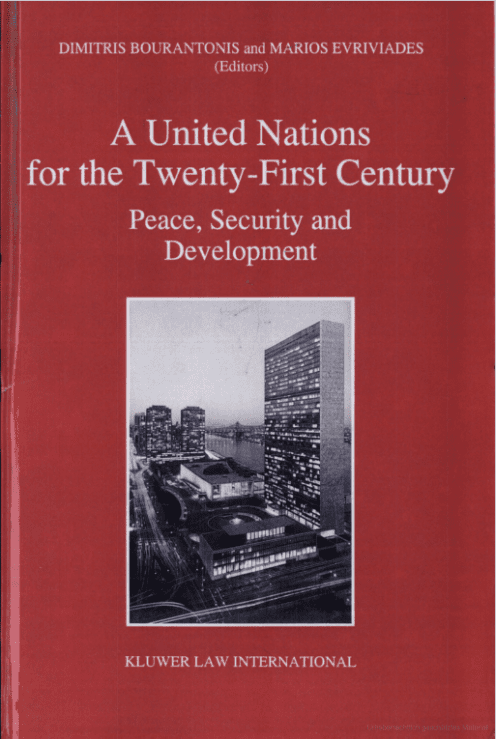
A United Nations for the Twenty-First Century
The United Nations needs to be reformed to effectively address global challenges in the modern era. More representation, increased funding, and a focus on prevention rather than reaction are crucial for the organization to be successful in the twenty-first century.

To joke or not to joke: A diplomatic dilemma in the age of internet
Part of Language and Diplomacy (2001): The first paper, presented by Prof. Peter Serracino-Inglott as the keynote address at the 2001 conference, examines the serious issue of diplomatic communication in a playful manner, through one of the most paradigmatic and creative examples of language use: joking.
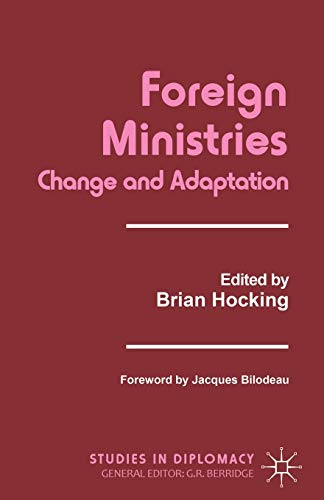
Foreign Ministries: Change and adaptation
The message talks about how foreign ministries need to adapt and change to meet the demands and challenges of the modern world.

Contemporary Diplomacy: Representation and Communication in a Globalized World
The text discusses how diplomacy has evolved in the present globalized world, focusing on representation and communication.
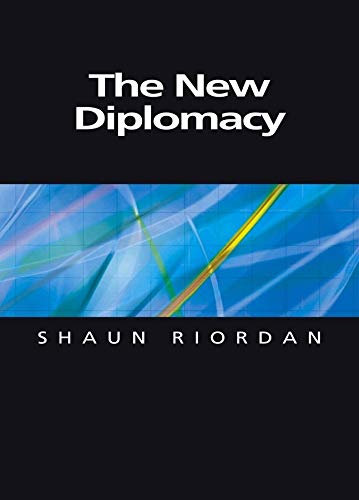
The New Diplomacy
Shaun Riordan was a British diplomat for 16 years before resigning in 2000 to take up private consultancy work and journalism in Spain, where he had ended his diplomatic career as political officer in the embassy. He has written a conceptually flawed, often vague, sometimes contradictory, and essentially polemical attack on 'traditional diplomacy'. It is also peppered with New Labour jargon ('stakeholders', 'global governance', 'civil society'), has its fair measure of superficially examined mantras, misquotes Clausewitz, and sports a shop-soiled title - is he not aware that Abba Ebban publish...
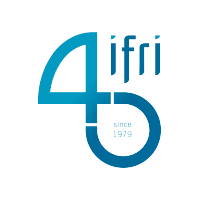
Hands on digital diplomacy
The text "Hands on digital diplomacy" suggests a practical approach to engaging in diplomatic efforts using digital tools and platforms.
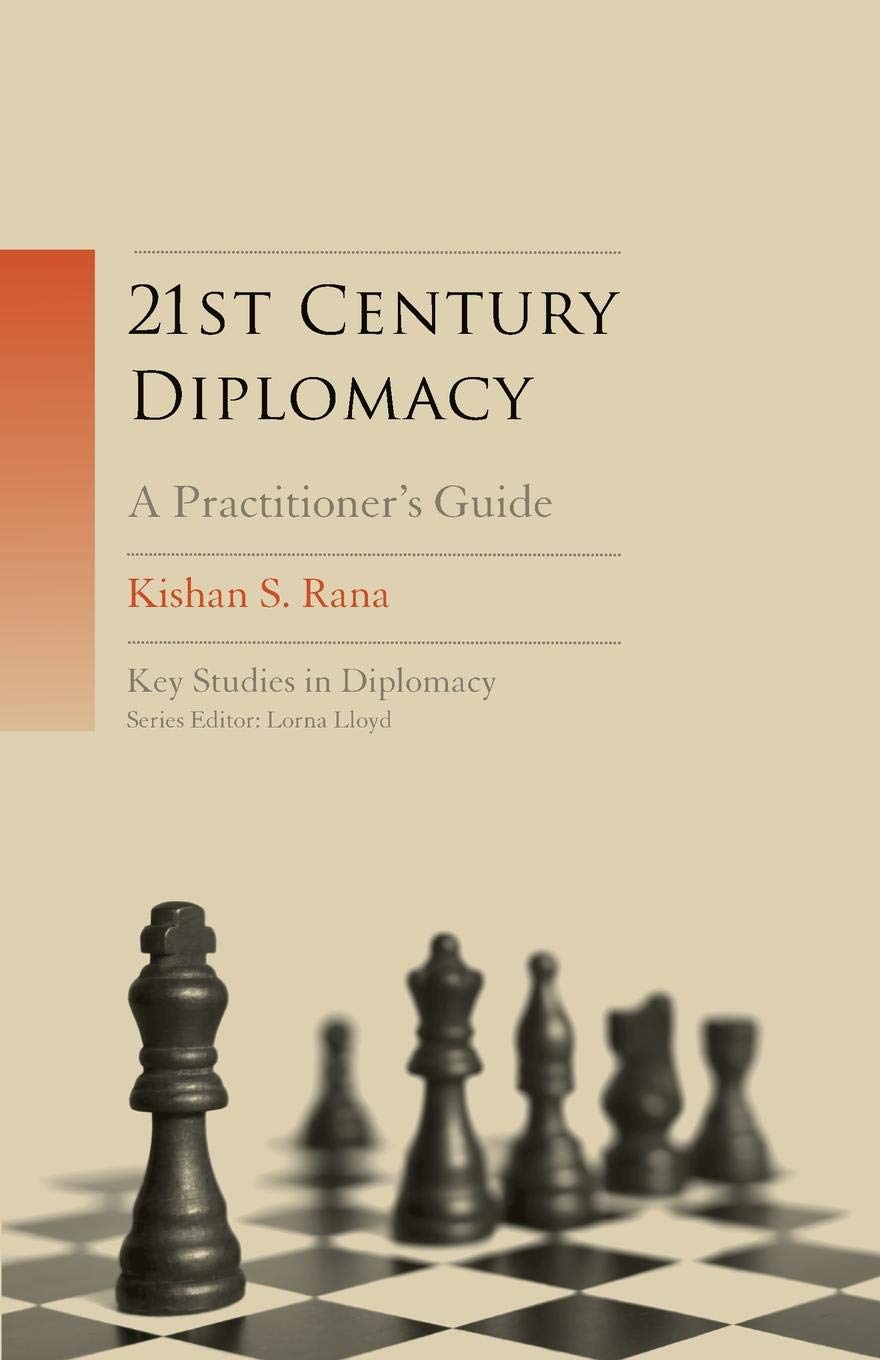
21st Century Diplomacy: A practitioner’s guide
Kishan Rana is a man of lengthy and varied experience in the Indian Foreign Service, ending his career as ambassador to Germany. Since then he has spent many years as a globe-trotting trainer of junior diplomats on behalf of DiploFoundation. Few people, therefore, are as well placed to write a practitioners’ guide to the diplomatic craft; and, insofar as concerns the content of his book, which can be found described here, he has not disappointed.
E-diplomacy and Diplomatic Law in the Internet Era
Peacetime Regime for State Activities in Cyberspace (ed by Katharine Ziolkowski) covers in a multi-disciplinary approach the technical, legal, policy and diplomacy aspects of State activities in cyberspace during peacetime. It consists of 23 chapters of academic nature, elaborated by 24 authors specialised in the respective areas of expertise. Diplo's Dr Jovan Kurbalija contributed this chapter on E-diplomacy and Diplomatic Law in the Internet Era.
The birth and the existence of Lesotho: A diplomatic lesson
The dissertation will focus on the birth and present state of existence of Lesotho, as a nation state, a state inside another state, looking at how diplomacy is at the centre of all this. The research will examine the history of South Africa and the events that led to the emergence of a territory that became a chiefdom known as Basutoland (land of the Basuto/Basotho people) and, ultimately, became the kingdom of Lesotho.
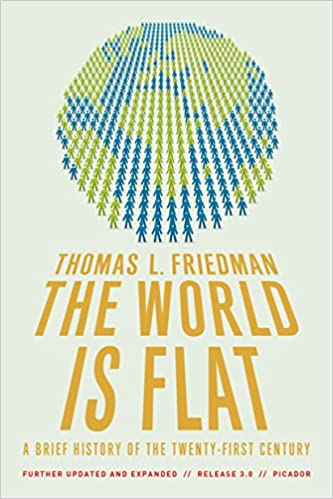
The World Is Flat 3.0: A Brief History of the Twenty-first Century
One mark of a great book is that it makes you see things in a new way, and Mr. Friedman certainly succeeds in that goal," the Nobel laureate Joseph E. Stiglitz wrote in The New York Times reviewing The World Is Flat in 2005. In this new edition, Thomas L. Friedman includes fresh stories and insights to help us understand the flattening of the world. Weaving new information into his overall thesis, and answering the questions he has been most frequently asked by parents across the country, this third edition also includes two new chapters--on how to be a political activist and social entreprene...
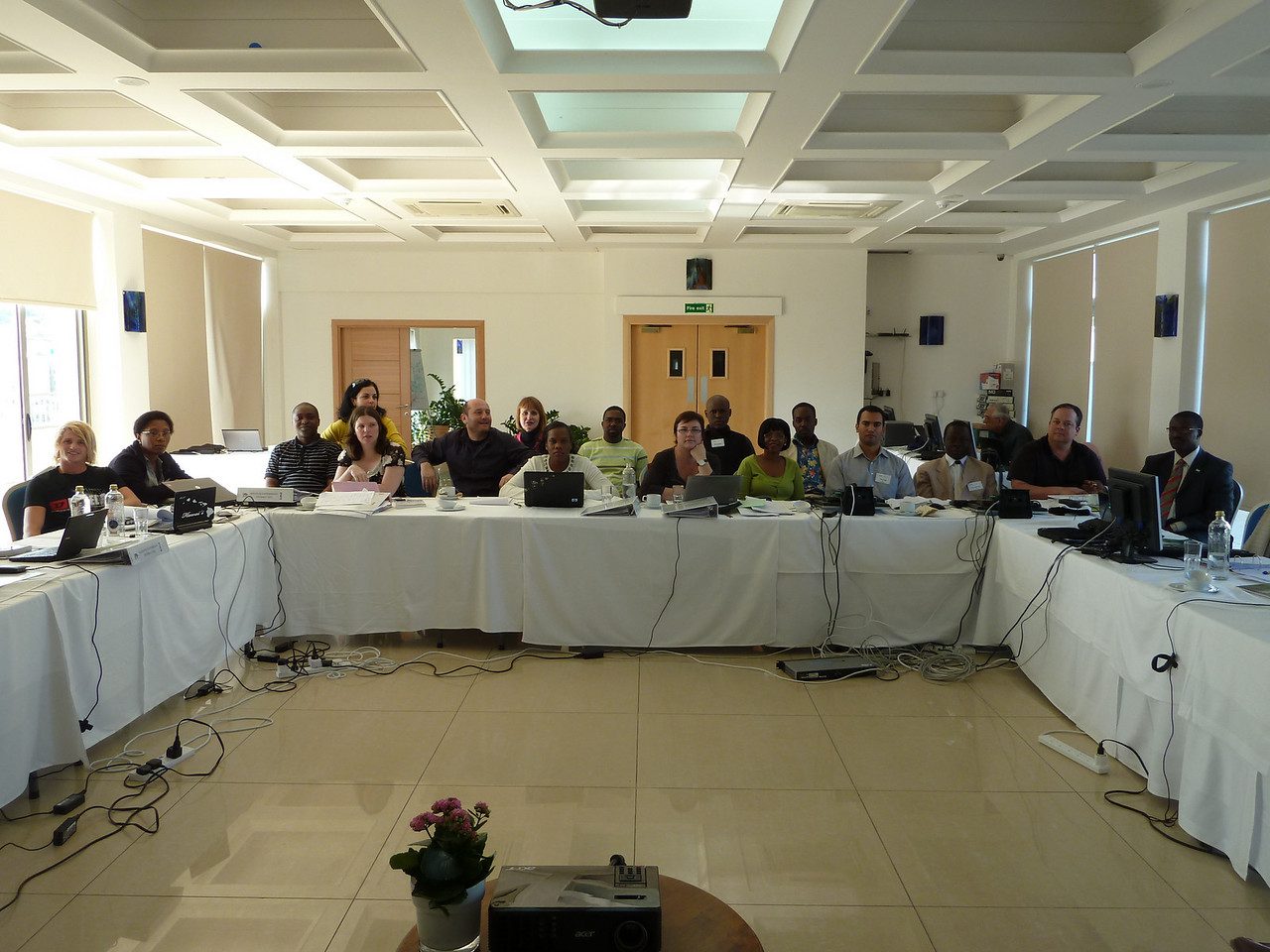
Diplomatic Reporting in the Internet Era
Paper delivered by Ambassador Victor Camilleri during the E-diplomacy panel on Diplomatic Reporting in the Internet Era after WikiLeaks, held on 9 February, 2011.
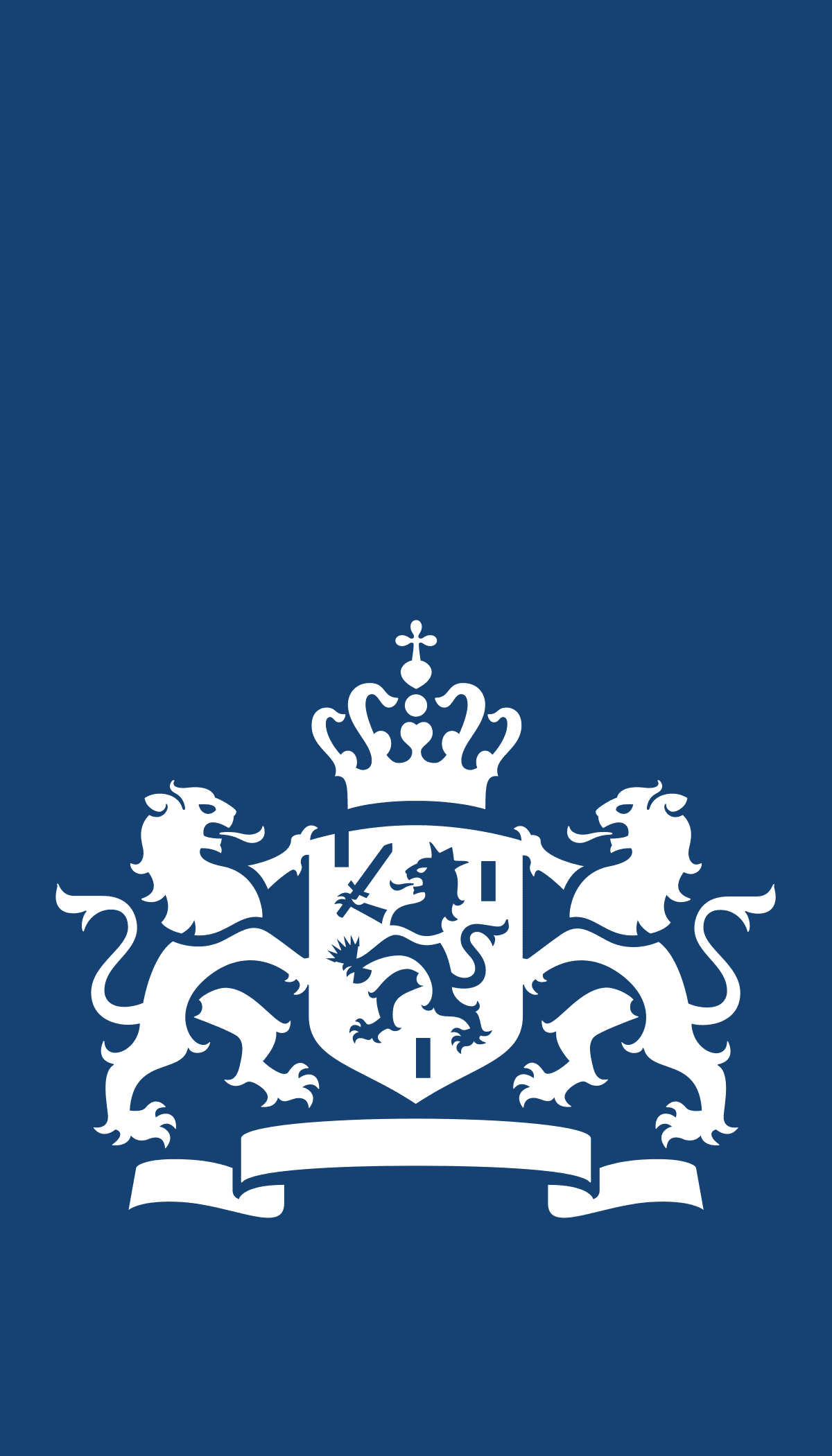
Reforming Diplomacy: Clear Choices, New Emphases
The text discusses the need for reform in diplomacy, emphasizing clear choices and new focal points.
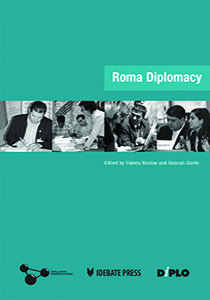
Roma Diplomacy
Roma Diplomacy is a collection of papers written or inspired through Diplo’s 2005/2006 Roma Diplomacy project.
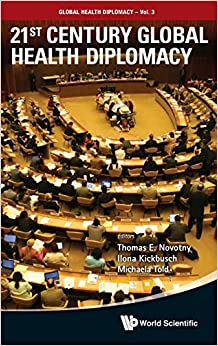
21st century health diplomacy: A new relationship between foreign policy and health
The 21st century sees a shift towards the integration of foreign policy and health, emphasizing the importance of health diplomacy in global affairs.
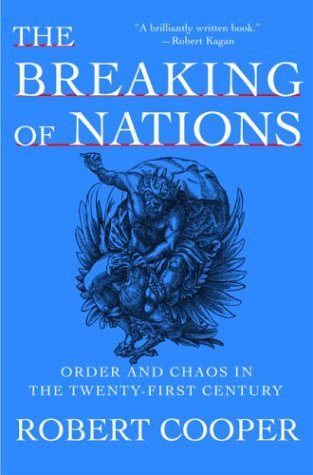
The Breaking of Nations: Order and Chaos in the Twenty-First Century
The message is a summary of the book "The Breaking of Nations: Order and Chaos in the Twenty-First Century.

The Role of Diplomacy in Achieving Representation and Participation for the Roma
In his dissertation Valeriu Nicolae takes the position that conventional diplomacy needs not only reform, but also the development of efficient approaches towards the prevention and negotiation of interstate/intrastate ethnic conflict. He proposes that a European Roma diplomatic corps may offer a solution in negotiating more sustainable European inclusion policies as well as in resolving inter-ethnic conflicts and in bringing about a change of attitudes within not only diplomatic and political circles, but also within the majority populations in regard to Roma.
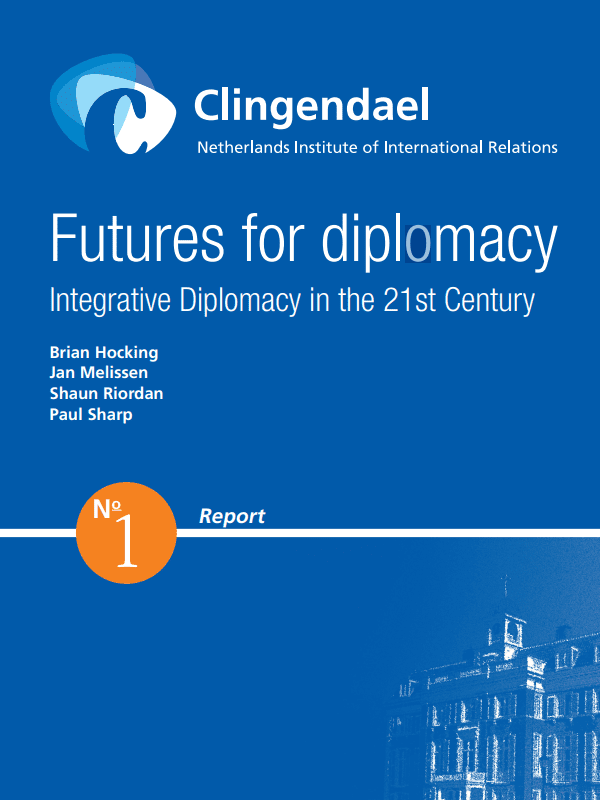
Futures for diplomacy: Integrative Diplomacy in the 21st Century
The text discusses Integrative Diplomacy in the 21st century, emphasizing the importance of adapting traditional diplomacy to current global challenges and opportunities. Diplomacy is viewed as a tool for addressing complex issues through collaboration and integration, fostering mutual understanding and sustainable solutions. The changing dynamics of international relations require a more inclusive and interconnected approach, focusing on partnerships and cooperation in order to navigate the complexities of the contemporary world. Diplomacy is seen as essential in shaping the future of global ...

Barriers to conflict resolution in Africa: Mediating beyond power and ethnicity in the EAC and SADC countries through a Kenyan case study
This paper assesses the relevance of ethnicity and power in conflicts occurring in the EAC and SADC regions through a case study of Kenya. It engages with elites’ power contestation and the manner in which power has historically caused violence and instability in Kenya. Further, an account of researches on ethnicity and its inducing of violence is made. Through this, one discovers the importance of ethnicity beyond that of being a channel for the upsurge of violence.
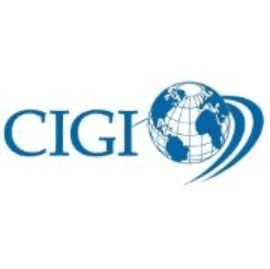
On the manner of practising the new diplomacy
The traditional model of diplomacy, founded on the principles of national sovereignty and of statecraft, is becoming less relevant as a field of new, influential actors enter the international system.
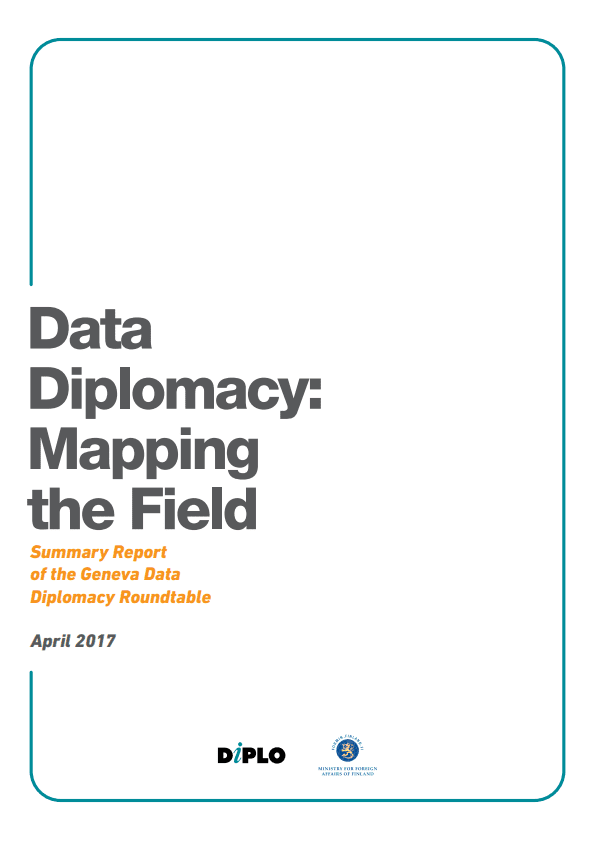
Data Diplomacy: Mapping the Field
The adoption of open data policies and the standardization of data collection were among the recommendations made during DiploFoundation's Data Diplomacy Roundtable: Mapping the Field, a brainstorming event that took place on 5 April 2017 – on the role of (big) data in international affairs and diplomacy.

Assessing feasibility for a binding international legal instrument on cyberweapons: A maturity model approach
Cyberwarfare has emerged from the expeditious expansion of the Internet as a new mode of conflict that can anonymously and remotely disrupt the core functions of a state.
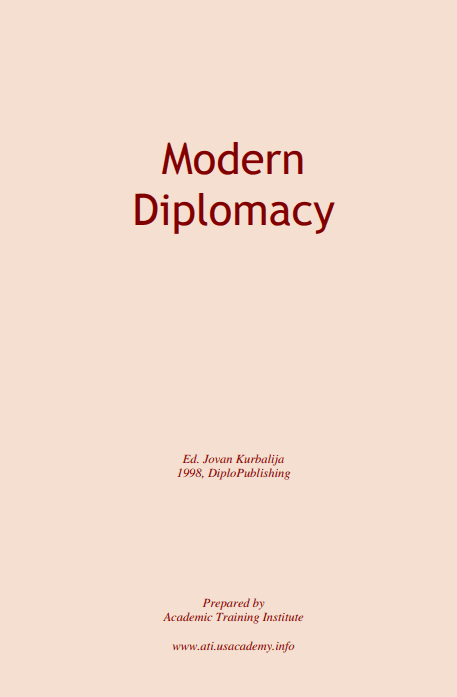
Modern Diplomacy: A preface
The Mediterranean Academy of Diplomacy has recently organised two international conferences addressing the future of diplomacy. The first was the International Conference on Information Technology and Diplomacy (May 1997) and the second was the International Conference on Modern Diplomacy (February 1998). The papers featured in this volume were presented at these conferences. The contributors are professors, diplomats and officials involved in international relations, coming from a wide variety of countries.
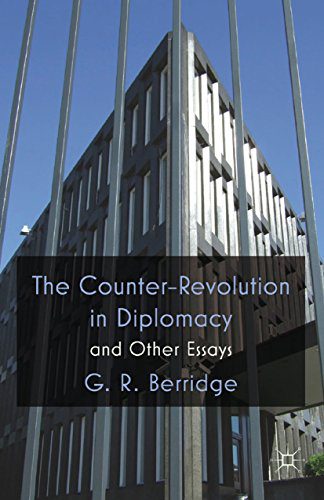
The Counter-Revolution in Diplomacy, and Other Essays
This book brings together for the first time a large collection of essays (including three new ones) of a leading writer on diplomacy. They challenge the fashionable view that the novel features of contemporary diplomacy are its most important, and use new historical research to explore questions not previously treated in the same systematic manner.

Trends in Diplomatic Communication: A Case Study of Uganda
The aim of this research was to examine the communication trends in diplomacy with a focus on Uganda.

“Control yourself, Sir!”: A call for research into emotion cultures in diplomacy
This essay examines and seeks to explode the notion that diplomats are, or should be, immune to emotion in the conduct of their duties. It also discusses the concept of emotion cultures - cultural rules governing the experience and expression of emotion and suggests the possibility that modern diplomacy, perhaps a distinctive culture in itself, encourages the socialisation of diplomats into a distinctive, ostensibly global diplomatic emotion culture.

Internet governance (IG) as a diplomatic priority
This dissertation demonstrates that IG is a significant, emerging diplomatic process that should be studied and addressed seriously by diplomats to prepare them to manage the implications it has for future impact on global governance of the Internet.
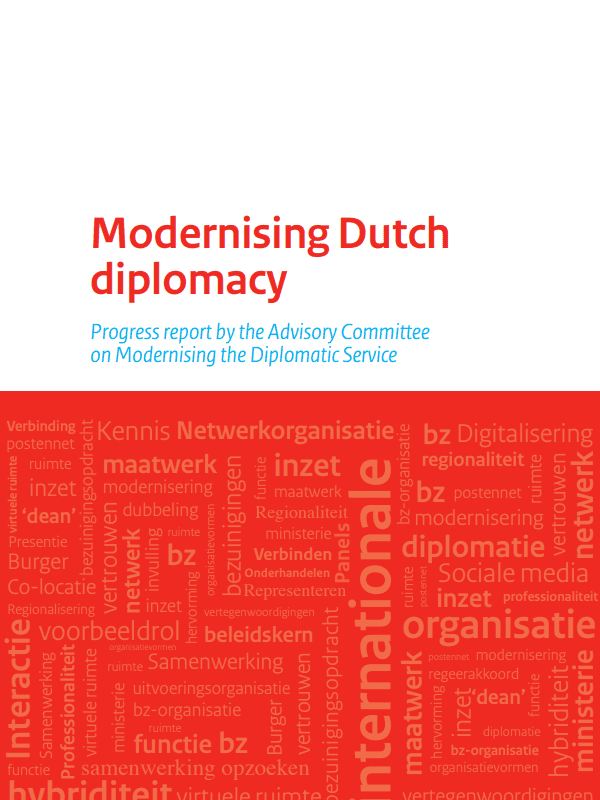
Modernising Dutch Diplomacy
The Dutch government is making investments in the modernization of its diplomatic services to enhance its efficiency, effectiveness, and digital capabilities. This upgrade aims to position the Netherlands as a leader in global diplomacy by adapting to the changing international landscape and embracing innovation.

The waning of the state and the waxing of cyberworld
This paper discusses whether IT is functioning mainly as an instrument of states in their quest for power and wealth or is principally operating as a transformative agent by market forces and various sectors of civil society.
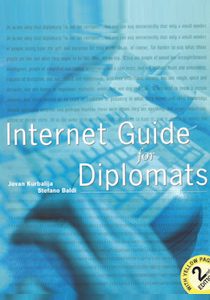
Internet Guide for Diplomats
The Internet Guide for Diplomats is the first guide specifically conceived and realised to assist diplomats and others involved in international affairs to use the Internet in their work. The book includes both basic technical information about the Internet and specific issues related to the use of the Internet in diplomacy. Examples and illustrations address many common questions including web-management for diplomatic services, knowledge management and distance learning.

The impact of the Internet on diplomatic reporting: how diplomacy training needs to be adjusted to keep pace
Over the last 20 years, the Internet has changed the ways in which we work, how we socialise and network, and how we interact with knowledge and information.
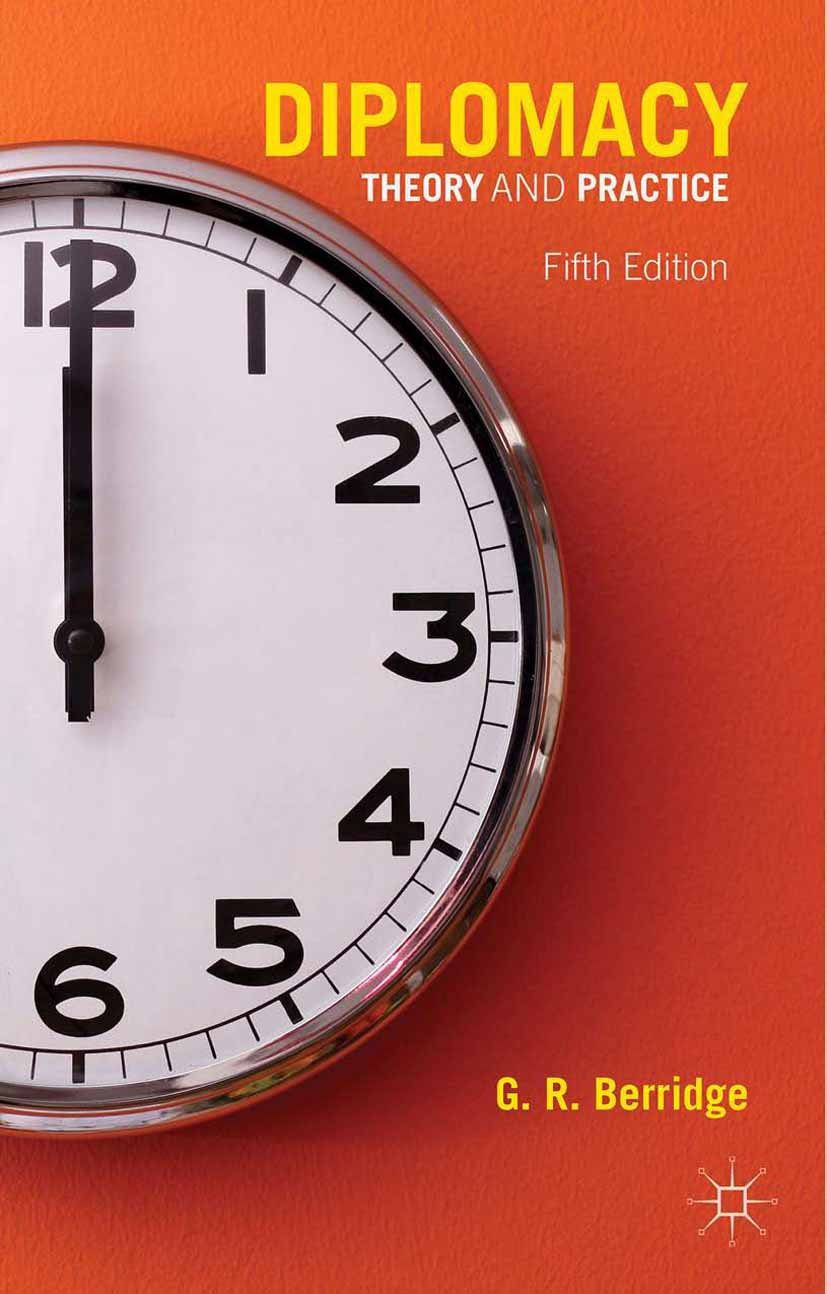
Diplomacy: Theory and Practice, Fifth Edition
In 2005, I reviewed the third edition of Diplomacy: Theory and Practice by G.R. Berridge as essential reading for Robinson Crusoe, had he been a student of diplomacy. We all know that eventually Crusoe ended his assignment on the foreign island and returned to his native country where he found himself a wealthy man for whom bibliography no longer had a role to play … unlike the rest of us, who have continued to practise diplomacy and read books about it.
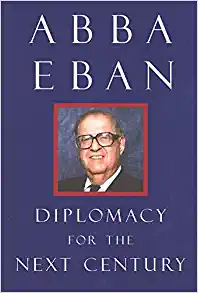
Diplomacy for the New Century
The text discusses the importance of diplomacy in the modern era, emphasizing the need for updated approaches and strategies in international relations. Diplomacy plays a crucial role in addressing global challenges and fostering cooperation among nations in the 21st century.
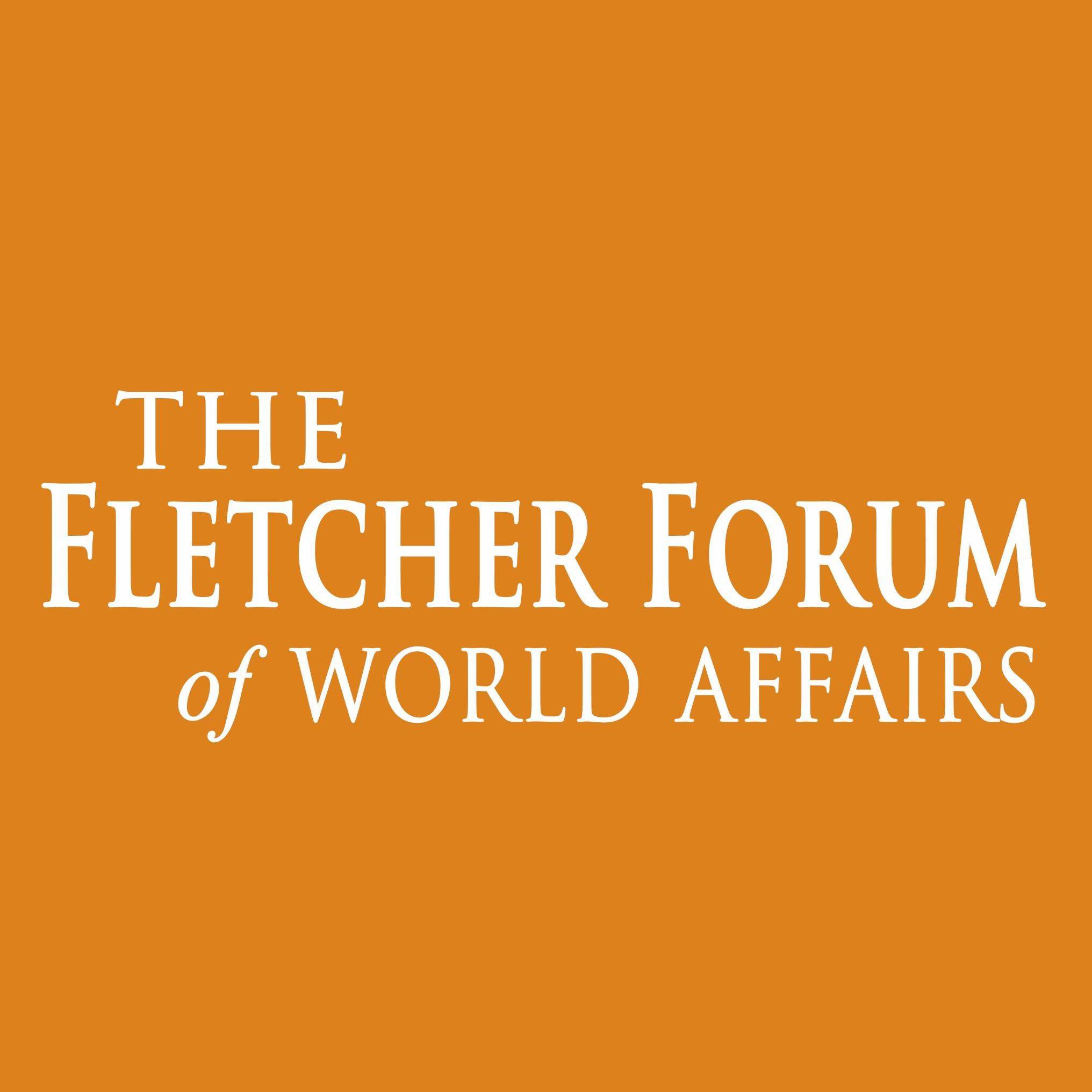
Public diplomacy at the crossroads: Definitions and challenges in an ‘Open Source’ era
The text discusses the current state of public diplomacy and its challenges in an era of open source information.

Diplomacy of tomorrow
The time of diplomacy is far from over. This paper discusses how its role will become ever more central as most important affairs will have to be handled at global, regional and sub-regional levels.

Modern Diplomacy – Opening address
Opening address of the Honourable Dr. George F. Vella, Deputy Prime Minister and Minister of Foreign Affairs and the Environment of Malta.
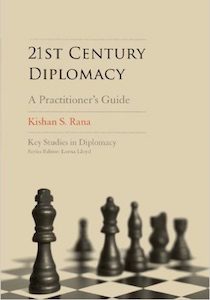
21st Century Diplomacy: A Practitioner’s Guide
In the 21st century, new kinds of challenges resulting from interdependence among states and globalisation have had a determining impact of the conduct of diplomacy. Diplomacy has become multifaceted, pluri-directional, volatile and intensive, due to the increased complexity in terms of actors, dialogues subjects, modes of communication, and plurality of objectives. This unique text, written by a leading scholar and Foreign Service expert, examines all such factors to provide the definitive guide to diplomacy as it is practiced today. With a multitude of examples from around the world, includi...

Virtual Diplomacy: Diplomacy of the Digital Age
Olesya Grech investigates the impact of information and communication technologies on the conduct of modern diplomacy.
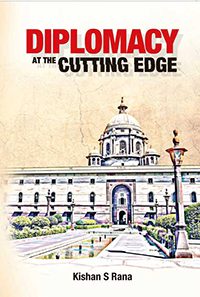
Diplomacy at the Cutting Edge
I started writing a memoire in 1998, but on a long train journey in Germany (Stuttgart to Essen), accompanied by my wonderful wife Mimi, a thought came that it might be much more interesting to write about how the Indian diplomatic system works – or does not really work. That became my first book, Inside Diplomacy (1999). Diplomacy at the Cutting Edge, first published in 2015, is that delayed memoire.
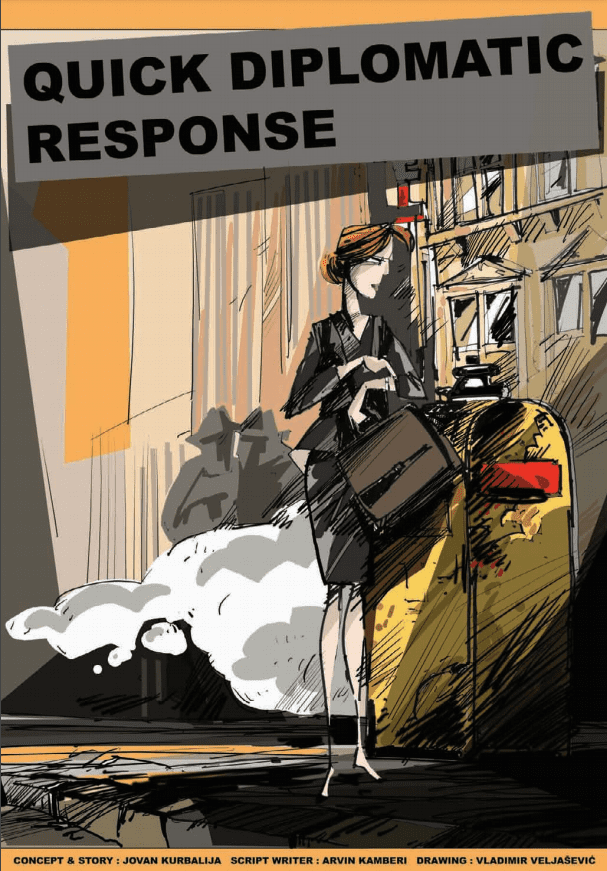
Quick Diplomatic Response
In the increasingly interdependent world, diplomacy is our only alternative. Wars do not provide solutions for modern problems, whether these are regional crises, environmental challenges, such as climate change, or the risk of global pandemics. Compromise and consensus are not only the most ethical approach, but necessity. This interesting comic presents one day in life of an e-diplomat.
The latest from Diplo and GIP
Tailor your subscription to your interests, from updates on the dynamic world of digital diplomacy to the latest trends in AI.
Subscribe to more Diplo and Geneva Internet Platform newsletters!
Diplo: Effective and inclusive diplomacy
Diplo is a non-profit foundation established by the governments of Malta and Switzerland. Diplo works to increase the role of small and developing states, and to improve global governance and international policy development.


